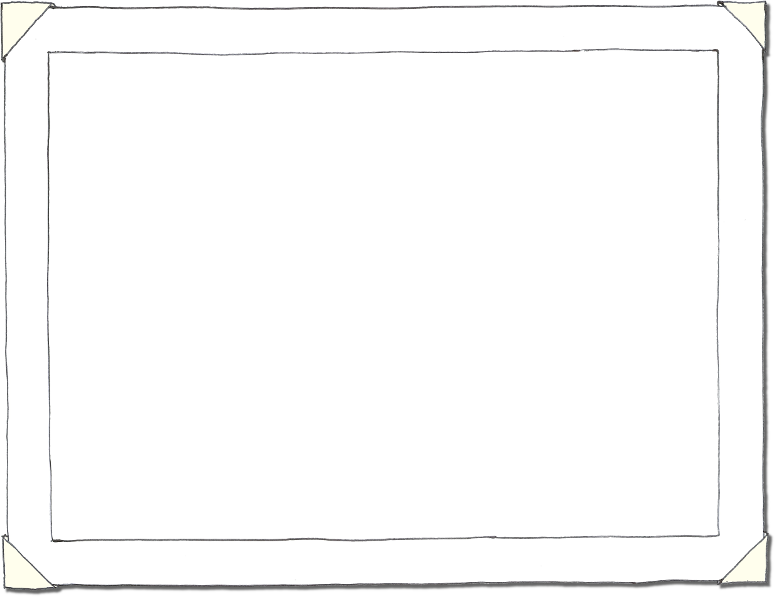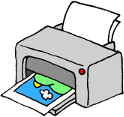Fun and easy science experiments for kids and adults.
Technology
Build a telephone from two cups and a string. This is an experiment about how sound waves propagate.
| Gilla: | Dela: | |
Video

Materials
- 2 plastic or paper cups
- 1 needle
- 1 long, inelastic, piece of string (for example cotton twine)
- 1 friend
Step 1


Step 2


Step 3


Step 4




Short explanation
The string telephone's cord carries sound better than air and can therefore be used to communicate over long distances.Long explanation
Sound is waves in the air, which consist of alternating high pressure and low pressure areas of air moving in the direction away from the sound source. To create sound, you need to put the air in waves, which can be done, for example, by letting a speaker diaphragm strike the air. The human ear has the ability to detect these sound waves and convert them into nerve signals, and our brain can then interpret these nerve signals as sound. When you speak, you create sound waves using your vocal cords. These sound waves hit the bottom of the cup which begins to vibrate. These vibrations spread through the string which (invisibly) vibrates back and forth seen from the side. This means that the bottom of the cup at the other end also begins to vibrate, and in turn creates sound waves when it hits the air. How fast and well-preserved sound spreads in different mediums depends on the properties of the medium, simplified by how good it is at vibrating. As you can hear, sound spreads better in your string telephone than in the air. The sound waves formed at the other end are more or less the same (have the same wavelengths) as those first formed. However, if the string telephone has a very long string, or if there is something else that interferes with its ability to vibrate, the sound waves may change and the sound may be distorted.Test and improve
You have now built your first prototype. There are probably improvements to be made. In order to keep working on your design, try answering any of the following questions.- What happens if the string isn't stretched?
- What happens if you make the string shorter or longer?
- What happens if you replace the cups with something else?
- What happens if you try another type of string?
- What happens if you connect two string telephones in a cross?
- What happens if you bend the string around a corner?
Variations
The classic version of a string telephone is to use tin cans. Make holes in them using a hammer and a nail. You can also make a telephone line out of a tube. This is called a speaking tube or a voice pipe and used to be very common on ships.| Gilla: | Dela: | |
Similar
Latest
Content of website
© The Experiment Archive. Fun and easy science experiments for kids and adults. In biology, chemistry, physics, earth science, astronomy, technology, fire, air and water. To do in preschool, school, after school and at home. Also science fair projects and a teacher's guide.
To the top
© The Experiment Archive. Fun and easy science experiments for kids and adults. In biology, chemistry, physics, earth science, astronomy, technology, fire, air and water. To do in preschool, school, after school and at home. Also science fair projects and a teacher's guide.
To the top

































































































































